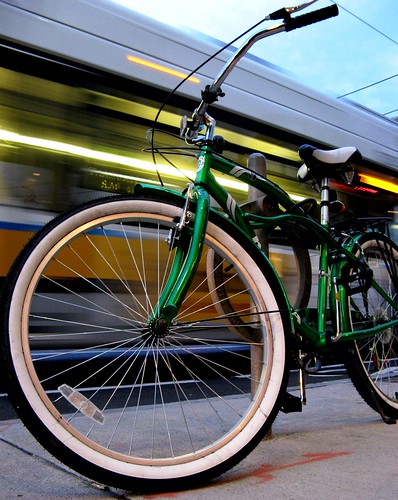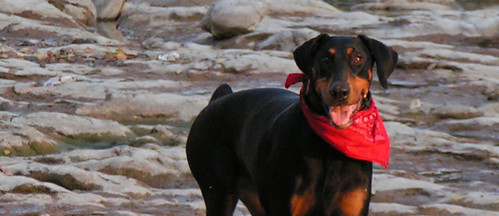Some people argue that we can’t make a difference, that only corporations or governments have the muscle to work on the huge ecological problems we’re all facing, that carbon emissions are someone else’s problem. So its refreshing to see someone that sees things differently and acts on the difference. Credit to 21st Century Citizen for writing about someone worthy of the name: Steve Loo.
We’re all part of the problem, so therefore we must be part of the change.
Pedal power – that’s roots. Here are Steve’s trails to sustainability:
1. Using my bike as my main form of transportation including winter time (I still drive once a week through carsharing)
2. Using less paper (in fact, I haven’t bought any new paper in 3 years);
3. Having not just shorter showers but also having staggered and fewer showers; recently we bought a dual flush toilet. Woohoo!
4. Creating my own artistic notebooks reusing old materials
5. Becoming more integrated with my local economy – not just local foods but also locally made products and services (yay Calgary Dollars)
6. Organizing and promoting documentary screenings focusing on social justice and environmental issues, and showcasing local activists working on local causes
7. Gardening (with mixed success but still trying)
8. Questioning and challenging our politicians, journalists, teachers and other “professionals” (along with fellow students) regarding government policy and media portrayal of all the issues
9. Encouraging my friends to take up more sustainable lifestyles while emphasizing that this is progression rather than perfection.
Just because the world is speeding up doesn’t mean you have to.

Photo courtesy of sandcastlematt. This post is nigh on perfect for the car obsessives over at Re*Move.






